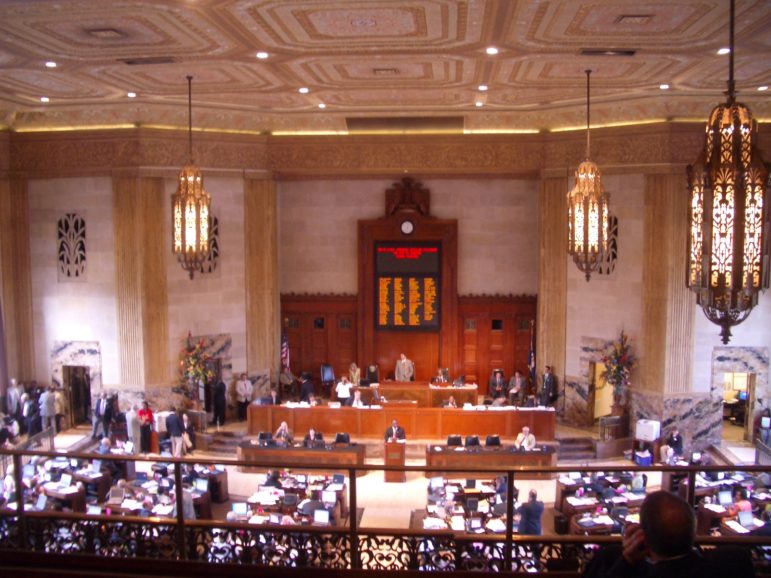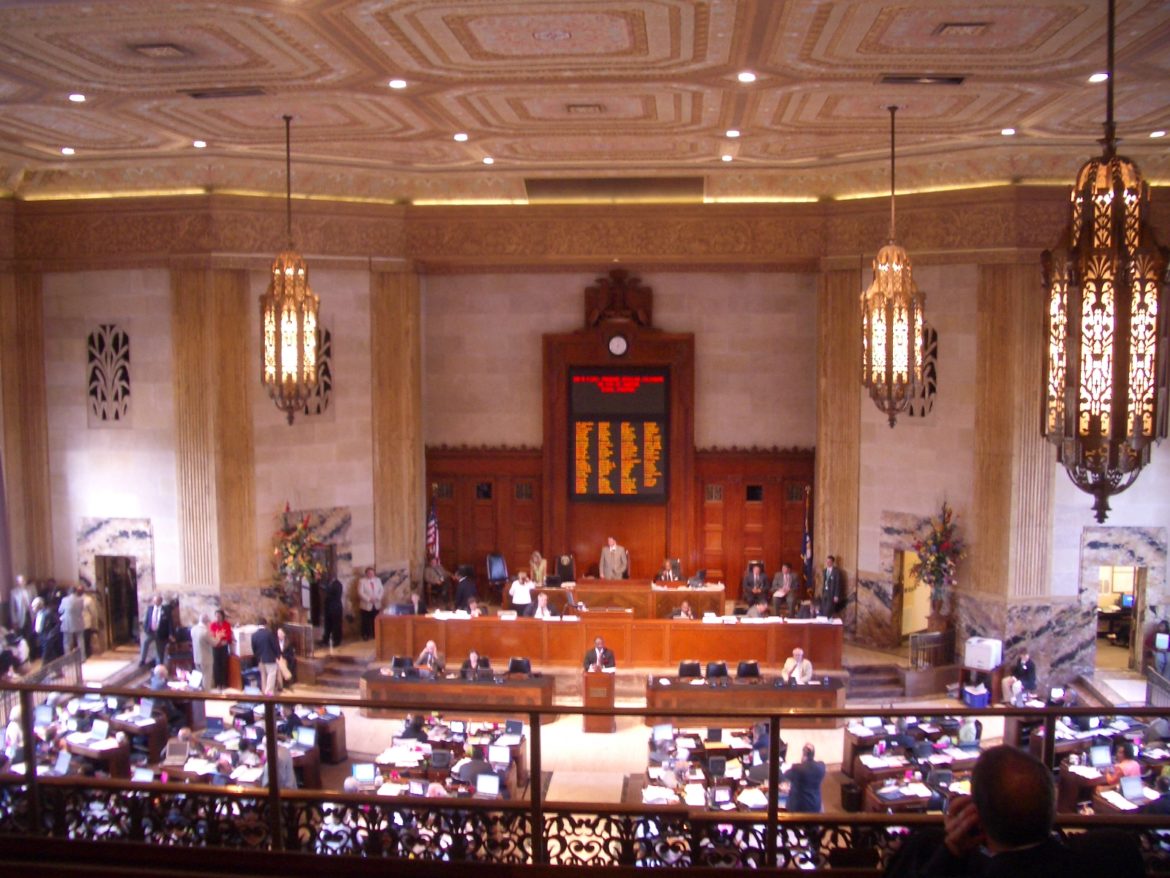
The number of states that automatically send teenagers younger than 18 to criminal court continues to dwindle as states wrap up their legislative sessions.
Louisiana lawmakers on Thursday approved “raise the age” legislation that would allow teenagers to remain in the juvenile justice system until their 18th birthdays, rather than being prosecuted as adults in criminal court.
The Republican-controlled House cleared the bill, SB 324, by a vote of 97-3, the last major hurdle before it heads to Gov. John Bel Edwards, a Democrat who has championed the change.
“We know that at 17 a young person’s brain is still developing. We recognize this when it comes to voting, joining the military, or even buying a lottery ticket. Appropriately, under this bill district attorneys retain the authority to decide, case by case, whether to prosecute an individual as an adult. We are no longer giving up on our young people; rather we are giving them a chance to get their lives back on track,” Edwards said in a news release.
The Senate approved the bill in May by a vote of 33-4, but will consider it once more because the House made technical amendments to the bill.
The action in Louisiana comes on the heels of passage of a similar raise the age measure in South Carolina, which Gov. Nikki Haley is expected to sign. The Michigan House also passed raise the age legislation that should reach the Senate before the end of the session.
All but nine states treat teenagers as juveniles until they turn 18.
Supporters of raising the age make their case based in part on adolescent brain development research that says teenagers are different than mature adults when it comes to their willingness to take risks, understand their offenses and change their lives. Raising the age brings older teenagers into a system that is better able to focus on rehabilitation, they say.
The Louisiana bill didn’t encounter much opposition. The Louisiana District Attorneys Association originally raised concerns about how quickly the bill would be implemented but now is satisfied with a compromise timeline that would phase in the changes over several years, said Pete Adams, executive director of the association.
The association will keep a close eye on the implementation process, he added.
“We’re still concerned that adequate resources will be in place to make this work, but we’re assured by the governor and others that they will be,” he said.
Louisiana House lawmakers are also expected to approve today a bill that would give prisoners who are serving life sentences for crimes committed when they were juveniles a chance for parole. The Senate passed the bill this week, and the House passed a slightly different version in early May.
The bill would allow prisoners to qualify for a parole hearing after serving 35 years.
